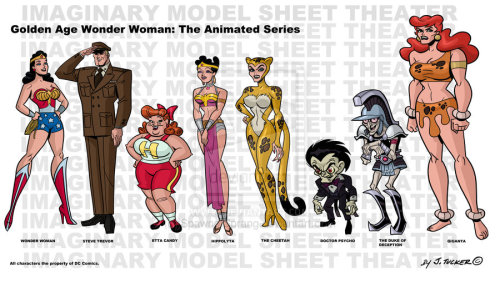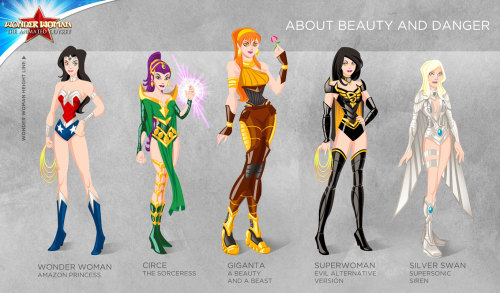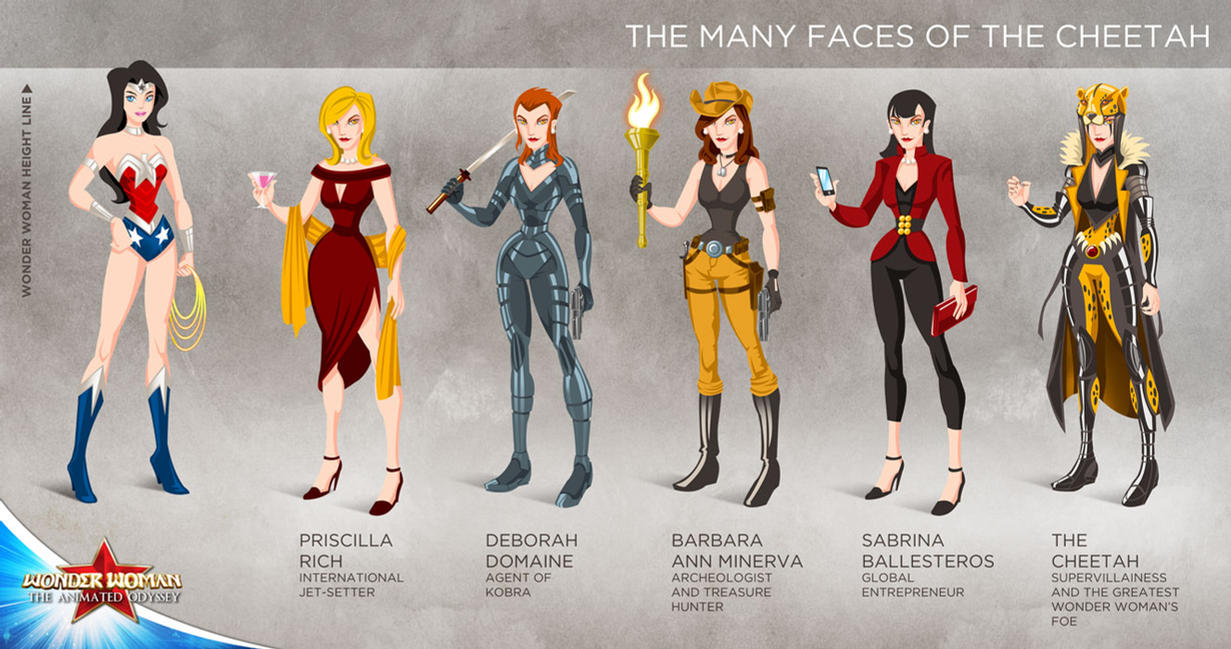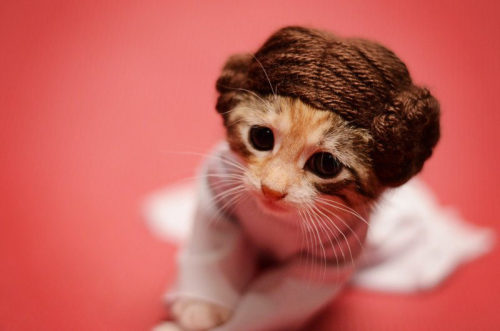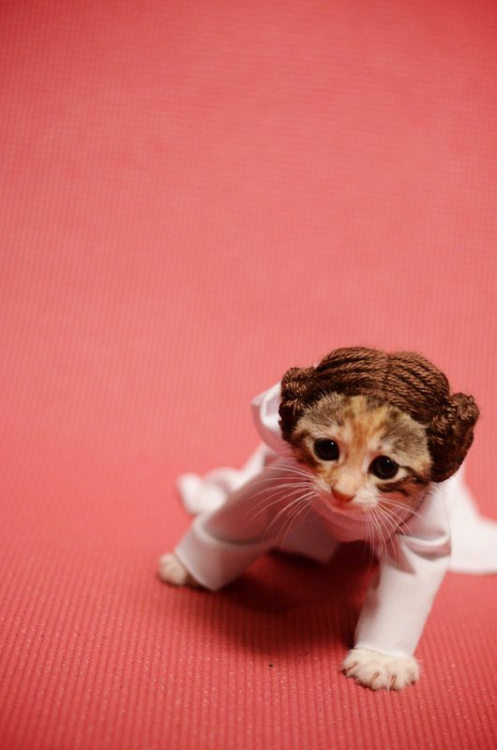Some children are born into families. Some children are adopted into them. Neither one is better or worse. There is no recipe for creating the ideal family situation for children. There are, however, some crucial ingredients: love, and a desire on the part of the parent or parents to raise children:
Cherie is white and Diane is black. Together, they felt they could be good parents for an African American male.
Choosing this path to parenthood wasn’t just a matter of addressing the greatest need, though. They both put a lot of thought into it. As a sergeant in the Los Angeles Sheriff’s Department, Diane has seen the disproportionate number of black men arrested, convicted and incarcerated. And she has thought long and hard about the societal factors involved. Cherie and Diane both knew that raising a black boy would be particularly challenging in today’s culture and society.
Diane was born in Natchitoches, Louisiana with a birth certificate stating she was “Negro.” Growing up in South Central Los Angeles during the 1970s, she often felt a stranger in her own community.
“I wasn’t dark enough and my hair was ‘good hair,’ so I was not accepted in my black community,” said Diane. “I witnessed discrimination within my own culture and outside of my culture in many aspects — race, gender, and sexual preference. Because of this, I am better prepared to assist my own son when he faces any type of discrimination.”
Diane’s quest to improve opportunities is not just personal, but professional as well.
“I’m finally in a position on the Sheriff’s Department where I feel like I can truly make a difference in young students lives,” Diane explained. “I work within the Community College Bureau assigned to the campus of Los Angeles Trade Technical College located in downtown Los Angeles. LATTC has a large population of minorities and I have made it my passion to see each and every one of them graduated. I want them to know and feel that I would rather shake their hands at graduation than place them in handcuffs.”
John Robert is three years old, with a twinkling smile and an infectious laugh. He is clearly confident with his family, strongly attached to his parents and well loved. Diane and Cherie want to keep it that way.
“We’ve had John in our lives since he was seven days old,” Cherie said. “The process of being approved for foster/adopt took approximately nine months, like a pregnancy. We received the call for John six weeks later. We experienced no intolerance, ignorance, or prejudice in the foster-adoption process. We were treated like any other family trying to fulfill their need to have children. Each person in the system—and we dealt with a lot—were very kind, helpful, and receptive.”
The Dodds completed John Robert’s adoption in August 2012.
“Providing a safe home for a child less fortunate is always something we wanted to do,” said Cherie. “We traveled the road of pursuing having a child through pregnancy as this, too, was a process we wanted to experience, and we traveled them both at the same time. We left it up to fate to tell us which direction was the direction we were to go in. John came to us, and we feel it was very much a Divine move.”
Diane and Cherie have found the parenting process very rewarding and a welcome complement to their relationship. Devoted to each other as well as their son, they have received a great well of support from their families and friends as they raise their child.
Diane and Cherie say they want other people contemplating foster and adoption to realize it is a great option for family building.
“Dreams can be fulfilled through this process — both for the parent and the child in need,” said Diane. “Children need a safe place to experience life and deserve to have a fair shot at an amazing life. We strive to provide John with light and love and endless opportunities. Every child deserves this.”









